Introduction
In the material handling industry, effective permit management plays a crucial role in ensuring the safety and efficiency of operations. Permit management involves the process of obtaining and managing permits for various activities, such as equipment installation, maintenance, and repairs. This blog post will explore the importance of permit management in the material handling industry and discuss key considerations for implementing an effective permit management system.
Ensuring Compliance and Safety
One of the primary reasons why permit management is essential in the material handling industry is to ensure compliance with regulatory requirements and maintain a safe working environment. Obtaining permits for specific activities helps to ensure that all necessary safety precautions are taken and that workers are trained and equipped to perform their tasks safely.By implementing a permit management system, companies can track and manage permits for different activities, such as crane operations, forklift usage, and equipment maintenance. This allows them to ensure that all necessary permits are obtained before work begins, reducing the risk of accidents and injuries.
Streamlining Work Processes
Effective permit management also helps to streamline work processes in the material handling industry. By having a centralized system to manage permits, companies can easily track the status of each permit and ensure that all necessary approvals are obtained before proceeding with a particular task.This streamlining of work processes not only improves efficiency but also minimizes downtime. With a well-managed permit system, companies can plan and schedule activities more effectively, reducing the time wasted on waiting for permits or dealing with last-minute issues.
Key Considerations for Implementing a Permit Management System
When implementing a permit management system in the material handling industry, there are several key considerations to keep in mind:1. Clear Communication: It is crucial to establish clear communication channels between different departments and stakeholders involved in the permit management process. This ensures that everyone is aware of their responsibilities and can provide the necessary information and documentation in a timely manner.2. Standardized Processes: Developing standardized processes for permit application, review, and approval helps to ensure consistency and efficiency. This includes defining the required documentation, establishing clear criteria for permit approval, and implementing a system for tracking and monitoring permits.3. Training and Education: Providing training and education to employees on the importance of permit management and the specific requirements for different activities is essential. This helps to create a culture of safety and compliance within the organization and ensures that everyone understands their role in the permit management process.4. Regular Audits and Reviews: Conducting regular audits and reviews of the permit management system helps to identify any gaps or areas for improvement. This allows companies to continuously refine their processes and ensure that they are meeting regulatory requirements and industry best practices.
Conclusion
In conclusion, permit management is a critical aspect of the material handling industry. It helps to ensure compliance with regulatory requirements, maintain a safe working environment, and streamline work processes. By implementing an effective permit management system and considering key factors such as clear communication, standardized processes, training, and regular audits, companies can enhance their operations and improve overall safety and efficiency.
